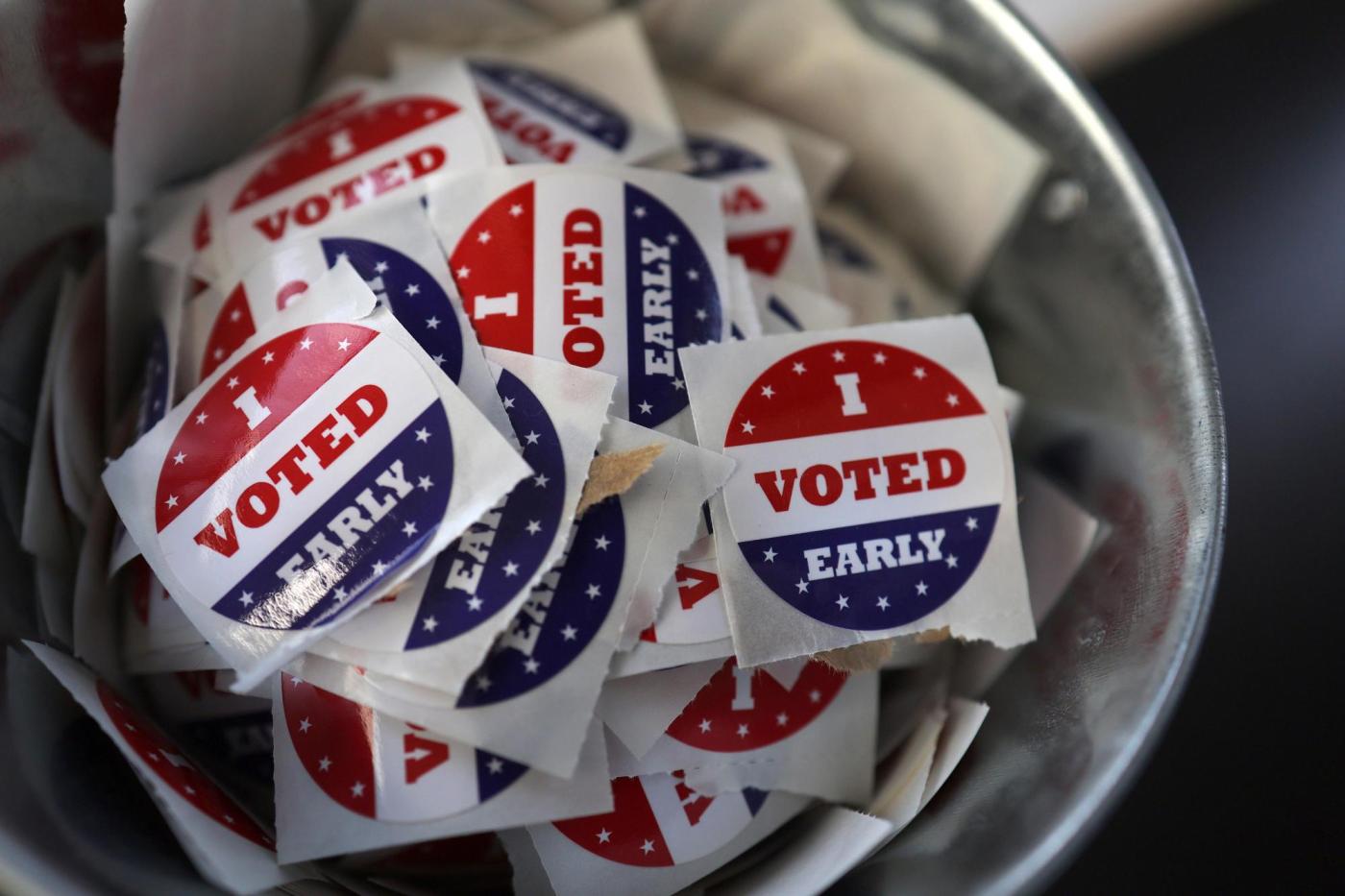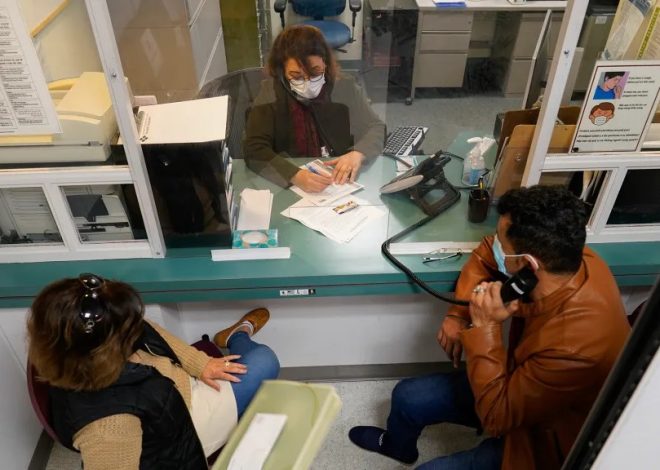
Richmond voters to decide on election reform measures this November
RICHMOND — Two election reform initiatives will appear on the Richmond ballot this November, one proposing the city adopt a run-off election model and another seeking to create a primary election, but only one will become law.
Both measures, one put on the ballot by the City Council and the other by a citizen-driven petition, promise to bring better accountability, governance and representation to Richmond elections. For either measure to pass, it would need support from a simple majority of voters. If both measures receive enough votes to pass, the one with the most votes becomes law.
The community initiative, Measure J, would require the city to hold a primary election during which a candidate can only win if they receive a majority of total votes cast. If no candidate receives a majority of votes, the top two vote getters will face off in the general election.
“The addition of a primary municipal election to the city’s election process will allow city voters to better scrutinize and select qualified candidates, encourage candidates to be more responsive to the residents of the city and may increase voter participation,” read the ballot text.
Alternatively, Measure L, the City Council’s ranked-choice voting initiative, would establish an instant runoff election system, giving voters the opportunity to rank candidates based on who they’d prefer to be in office.
If no candidate receives a majority of votes, the candidate with the fewest votes will be removed from the running and ballots cast for them would be redistributed based on rankings. That process would be repeated until a candidate received a majority of votes.
“Democracy is on the ballot in Richmond. To ensure the ‘will of the majority,’ our mayor and city council members should be elected with support from a majority of Richmond voters,” read an argument in favor of Measure L signed by Mayor Eduardo Martinez, among other local leaders.
The city’s currently has a plurality election system in which the candidate who receives the most votes, regardless of whether they reach 50 percent of total votes cast or not, wins the race.
Proponents of either measure assert theirs is the better option. Measure L supporters say the measure would save the city money by avoiding primary elections when voter turnout is lower.
Related Articles
Your guide to Proposition 36, which would toughen some theft and drug sentences
Skelton: California voters are fed up with crime and, apparently, Democratic response
Public health, wellbeing on Berkeley’s ballot this November
Prop. 33: Will California voters allow cities to expand rent control?
PRO/CON: Would Prop 36 help California’s theft and drug problems or make them worse?
The model would help candidates from marginalized backgrounds win elections and also encourage positive campaigning because candidates would be incentivized to attract voters with positive messaging rather than risk alienating voters by attacking someone they may support, they argued.
“Measure L will put in place Instant Runoff Voting to ensure that majority winners are decided in a single election and that all our voices are heard,” read the argument in favor of Measure L.
Measure J supporters, on the other hand, say runoff elections are complicated and that their initiative would guarantee a simpler and fairer “one-person, one-vote election system” based on a model widely used at the local, state and federal level.
A primary would also encourage a candidate to appeal to a broader group of voters to win in a head-to-head battle for elected office, they said.
“Measure J gives Richmond voters a chance to see clear distinctions between candidates on important issues by putting candidates head-to-head in a runoff election – guaranteeing the winner has the majority support of voters,” read the argument in favor of Measure J. “It will mean better representation for Richmond, and an end to Richmond politicians getting elected with less than a true majority of the vote.”


